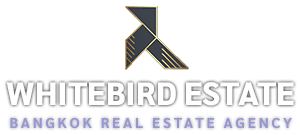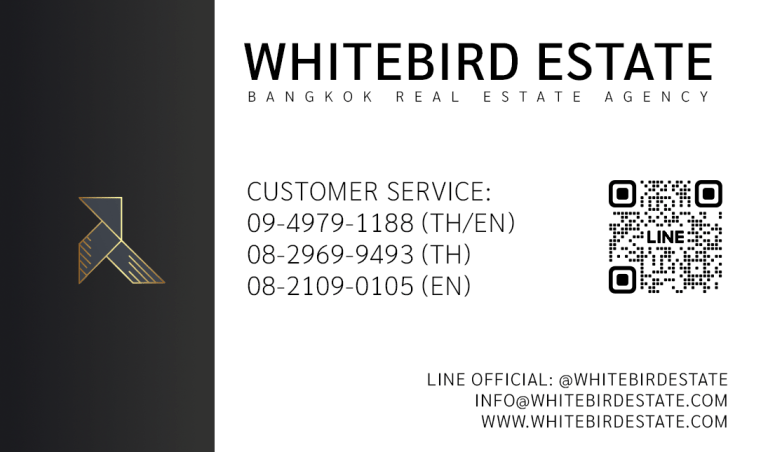Entering the realm of real estate in Thailand can be both thrilling and bewildering, especially for those unfamiliar with the real estate terminology commonly used in the industry. Mastering these terms is crucial for anyone looking to invest, buy, or rent property in the Land of Smiles.
In this comprehensive guide, we’ll delve into ten key real estate terms frequently encountered in Thailand’s real estate landscape, equipping you with the knowledge needed to navigate the market confidently.
Thai Real Estate Terminology
1. Chanote (Nor Sor 4 Jor):
The pinnacle of land title deeds in Thailand, the Chanote grants its holder absolute ownership rights over the land. Registered with the Land Department, properties with Chanote titles boast the highest level of security and typically command premium prices in the market.
2. Nor Sor 3 Gor:
Nor Sor 3 Gor signifies a land title deed certifying land use and ownership rights. While not as secure as a Chanote, it still provides legal ownership and can be upgraded to a Chanote through a confirmation process.
3. Condominium (Condo):
Condominiums, or condos, are residential properties where individual units are owned by different individuals, while common areas and facilities are shared. Managed by a juristic person or management committee, condos offer a unique housing option in urban areas.
4. Foreign Freehold Ownership:
Foreigners are typically prohibited from owning land in Thailand. However, they can acquire condominium units under freehold titles, known as “foreign freehold ownership,” granting them full ownership rights over the property.
5. Leasehold:
Leasehold denotes a property tenure where the buyer holds the property for a specified period, usually ranging from 30 to 90 years. While leasehold properties can present investment opportunities, it’s essential to review lease agreements meticulously.
6. Transfer Fee:
The transfer fee is a government tax imposed on property ownership transfers. In Thailand, buyers and sellers typically split the transfer fee, with each party responsible for paying a portion based on the property’s sale price.
7. Common Area Maintenance Fee:
Common area maintenance fees, also known as maintenance fees or sinking funds, are recurring payments made by condo owners to cover the maintenance and upkeep of shared areas and facilities within the condominium complex.
8. Title Deed (Chanote):
The title deed, or Chanote, is a legal document issued by the Land Department certifying ownership rights over a piece of land. It contains detailed information about the land, including its size, boundaries, and any encumbrances or restrictions.
9. Land Measurement Units:
Thailand employs specific units for measuring land, including Rai, Ngan, and Wah. Understanding these units is crucial for comprehending land sizes and property values accurately.
10. Sinking Fund:
The sinking fund is a reserve fund set aside by the condo management for major repairs and renovations of the building and its common areas. Contributions to the sinking fund are typically collected from condo owners on a regular basis.
Conclusion:
Navigating Thailand’s real estate market necessitates fluency in the terminology commonly used in property transactions. Whether you’re eyeing a condominium, exploring land ownership options, or deciphering tax implications, familiarity with key terms like Chanote, Leasehold, and Transfer Fee is indispensable.
Armed with this knowledge, you’ll be well-equipped to make informed decisions and embark on your real estate journey in Thailand with confidence and clarity.
If you want to learn more, contact your professional real estate agents at Whitebird Estate!

